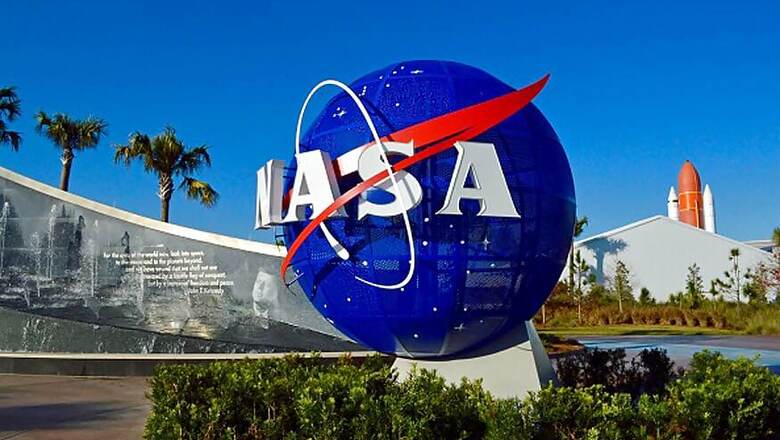
views
The International Space Station (ISS) is set to get a new Boeing-built wardrobe to house increasing in-orbit science payloads. Scheduled for a late 2018 delivery, the new racks will expand the capabilities for science research aboard the space station, NASA said on Tuesday. The crew members aboard the International Space Station are currently cramming 20 years' worth of science experiments -- each requiring resources such as water, electricity and data connections -- into a few closets.
"To solve this problem, engineers at NASA's Marshall Space Flight Centre in Huntsville, Alabama, are developing a new and simplified version of the racks that support these experiments that will add the needed space and resources to accommodate the growing need for science payloads," said Sean Thompson, Payload Facilities team lead at Marshall. Conducting science experiments in orbit provide the advantage of conducting the experiment with minimal interference from the force of gravity.
As the demand for science payloads has grown, projections show that by the end of 2018 the eight existing racks will be at capacity. "We're excited about the opportunities these additional racks will bring by expanding our capacity for science payloads in orbit," said Bobby Watkins, Manager of the Human Exploration Development and Operations Office at Marshall. The new racks, developed at Marshall and built by Boeing in Huntsville, are called Basic Express Racks.
These racks have been simplified to include only the most commonly required resources and feature more common connectors such as a standard ethernet cable. The first two Basic Express Racks are scheduled to make their journey to the space station in late 2018 aboard HTV7, a Japanese launch vehicle, NASA said.
3 Reasons To Buy Apple iPhone 8 Plus and 2 Reasons To Skip It | Feat The Unbiased Blog
















Comments
0 comment